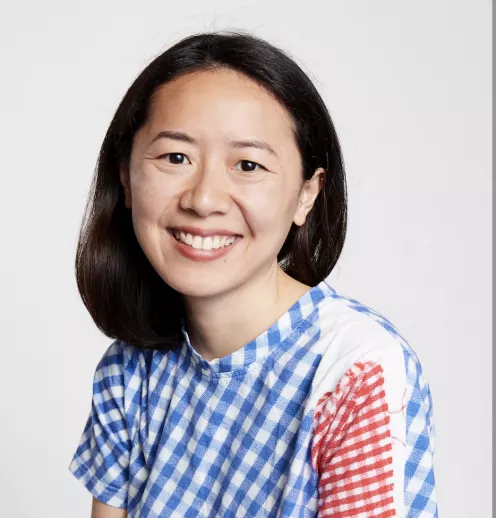
The Tower and the Park: Structural Misalignments of Social Media
Zuccotti Park, the site of Occupy Wall Street, and One Liberty Plaza, the multi-billion-dollar tower, represent a complex power play between public and private interests. In the digital realm, social media grapples with a similar contention: social networks would not exist without platform businesses and yet their public benefits are at odds with the drive for private profit.
At this special Berkman Klein Center Luncheon, Joanne Cheung discussed her research and open access article Real Estate Politik: Democracy and the Financialization of Social Networks, which emerged from the Berkman Klein Ethical Tech Working Group and was originally published in a special issue of the Journal of Social Computing, "Technology Ethics in Action: Critical and Interdisciplinary Perspectives" (Part 1, Part 2).
Cheung argues that “social networks are privately owned public spaces caught between the misaligned incentives of public good and private profit” and that their business models perpetuate historical inequities.
Cheung’s article also explores the structural problems with social media from the perspective of land use. She compares the financialization of attention by platforms with the financialization of land by commercial real estate development—and explores activist land use models for public interest technology.
This event, moderated by James Mickens, included a presentation of Cheung’s work and an open dialogue and participatory brainstorm session where audiences and speakers co-imagined how we collectively move from idea to action.
In Cheung’s words,
I hope this work inspires interdisciplinary research on social networks as democratic infrastructure, and in particular, research that can inform new business models, incentive structures, and discursive norms.
Readings
Sections 2 and 3 of Real Estate Politik.
Speakers
Joanne Cheung is a Lecturer at Stanford Hasso Plattner Institute of Design and UC Berkeley Haas School of Business and a Strategy Advisor to the Institute for Rebooting Social Media at Harvard's Berkman Klein Center for Internet & Society. She previously served as a Director at the global design firm IDEO, leading its Racial Justice Impact Fund and a portfolio of social impact projects with partners including Project Drawdown, City of San José Mayor’s Office of Technology and Innovation, Bill & Melinda Gates Foundation, Knight Foundation, and Robert Wood Johnson Foundation. Her work has been exhibited internationally and featured in Wallpaper, Wired, Fast Company, and the New York Times Magazine.
James Mickens is an associate professor of computer science at Harvard University. His research focuses on the performance, security, and robustness of large-scale distributed web services. For example, his Riverbed project explores how to use trusted hardware and new OS interfaces to allow users to constrain how data centers manipulate sensitive data.


